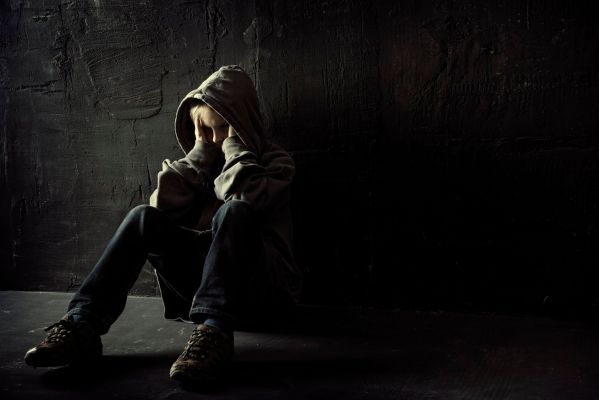Justice for the Victims of Child Sex Abuse
By Marci A. Hamilton and Kathryn Robb
New York is among the worst states in the United States for justice for child sex-abuse victims. That is because its statutes of limitations are prohibitively short. While much of the country was expanding statutes of limitations in the past 25 years, New York has stood still. Victims must sue the perpetrator by age 23 and a responsible institution by age 21. There is no limit for the victim who seeks to press charges for rape but for most other child sex crimes, the victim has until the age of 23. These time periods are too short. New Yorkís statute creates groups of victims: Group 1: This includes those whose claims have expired ó the vast majority of the stateís victims. Group 2: This includes children who are being sexually assaulted now, so their claims are still live, but odds are that they will be unable to press charges or sue before the statute expires. It takes most victims into their 30s, 40s and 50s before they are ready to come forward. Some never do. Group 3: This is the largest, and it includes the New York public, which knows less about existing child predators than most every other state in the country. Only Alabama, Michigan, and Mississippi statute of limitations laws are as bad. The average citizen may ask, quite fairly, what takes these victims so long to come forward? The answer: It is the way the brain processes trauma, or, rather, what happens when it canít. Itís no good blaming a victim for not coming forward when he or she canít; the predator has paralyzed the voice of the victim. Simply, sexual predators cause harm that leads to silence and confusion ó and New York law punishes the victims for the silence and trauma predators caused, and that leads to more harm. This is a vicious cycle in which predators are the only winners. The only way to help the victims is for New York to revive its expired civil statute of limitations and to eliminate the criminal and civil statute of limitations in the future. Then we would ensure, as other states have, that a greater number of victims will reveal teachers, clergy, coaches and family members who parents and employers had no idea were dangerous to their children. For each victim who steps forward, others will line up behind him or her, because most child molesters abuse dozens of children over time. The Archdiocese of Boston clergy abuse cover-up was made public though The Boston Globeís Spotlight series. And the headlines in recent years have focused on sex abuse in institutions, from religious organizations and schools to clubs and sports. Some kids who reported abuse were not believed, and were even punished for saying bad things about good people. Now, however, the public can see the paradigm of institutional abuse: an organization prioritizes image, power and money over kids as it hides pedophiles, who in turn gain access to yet more children. The problem with each of these revelations in New York, though, is that there is publicity, but no justice, and victims must bear the cost of the abuse by themselves. Letís end the last taboo. Families where abuse is happening will remain shrouded in mist, and victims will continue to be gagged so long as Albany fails to take action. This should not be the Empire State of mind on child sex abuse. The victims need New York officials to reform the statutes of limitations because itís not just the threats of perpetrators that keep them silent, but also the need for shelter, food, clothing and education. Marci Hamilton is the chief executive of Child USA and Kathryn Robb is a survivor and a member of the Board of MassKids, both nonprofit advocacy groups.
|
.
Any original material on these pages is copyright © BishopAccountability.org 2004. Reproduce freely with attribution.
